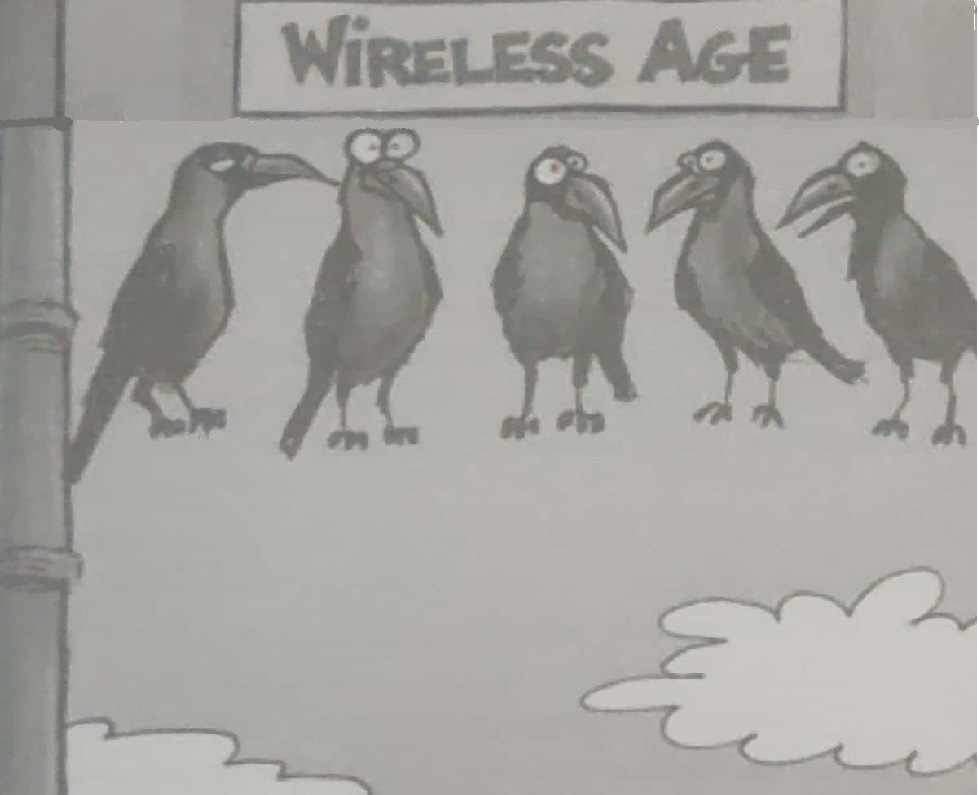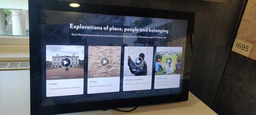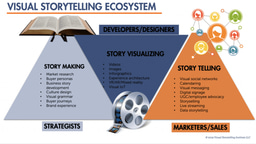Is 'Wireless Technology' the future of AV transport

Wireless communication is overtaking wired technologies and will continue to expand into the future. By 2020 Traffic from wireless and mobile devices was expected to account for two-thirds of all IP traffic. That same year, there will be around 20.4 billion Internet of Things, or IoT, devices connected to the network.
Wireless has the advantage of not needing the massive infrastructure investments of wired networks, which opens up the market to smaller companies. This also makes it more feasible for large corporations, as well as customers, to switch to wireless products.
Fifth-generation (5G) wireless is the latest advancement in wireless technology. 5G wireless is exponentially faster, but how it achieves that speed is different than prior generations. The increase in speed and decrease in latency creates new possibilities for transformation and innovation in patient care.
Some Sources on the internet:
https://worldwidesupply.net/
Feel free to leave your comments on what you feel about this very important sub segment of the industry which is transport.






Please sign in or register for FREE
If you are a registered user on AVIXA Xchange, please sign in
Here you go Manoj - some trivia for you (and the others who are following this) based on your post! It's exactly a Quarter of a Century ago in June 1997 that IEEE introduced the 802.11 Wi-Fi standard and it was indeed a moment of change for the IT & AV world - being able to achieve the 2Mbps speed using the 2.4 GHz spectrum! Now we are eagerly looking ahead for Wi-Fi 7 standards anytime soon to go for 40 gigabit per second speeds! @Manoj Kumar K @Urmil Vaidhya For more information, read here https://www.howtogeek.com/782023/what-is-wi-fi-7/